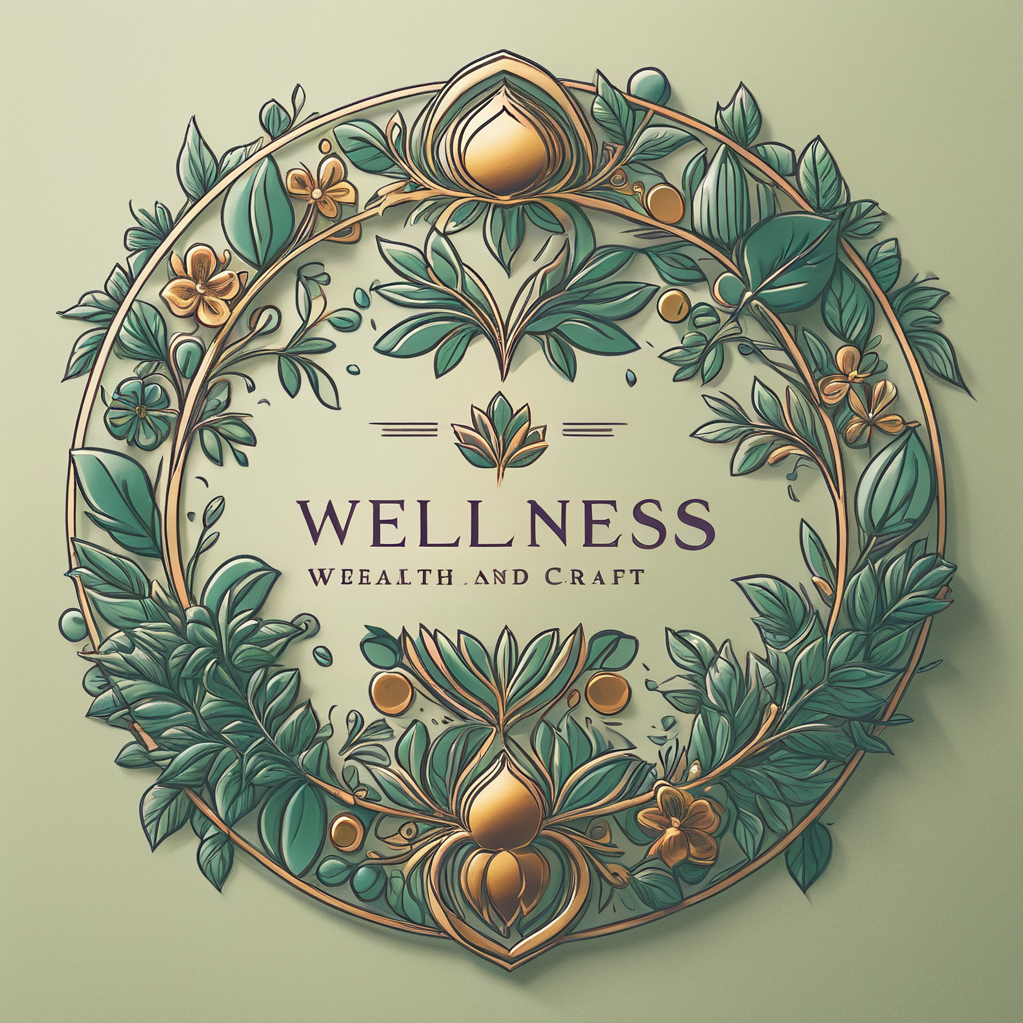Access to abortion is a critical component of health care, essential for safeguarding women’s health, autonomy and equality.
A thorough analysis of ethical principles, medical evidence and social implications demonstrates that access to abortion services is not only a matter of personal choice but also a public health necessity.
First and foremost, the principle of autonomy is central to the ethical argument for abortion as health care. Autonomy entails respecting an individual’s right to make informed decisions about their own body and life. Denying women access to abortion violates this fundamental right.
The American College of Obstetricians and Gynecologists strongly advocates for the protection of women’s autonomy in health care decisions, emphasizing that government interference in personal medical choices is unethical. Upholding the autonomy of women to make decisions about their reproductive health is essential in a just and equitable society.
Moreover, the principle of beneficence, which mandates actions that promote the well-being of others, supports the provision of safe and legal abortion services. Restricting access to abortion can lead to severe physical and psychological harm.
The World health Organization reports that unsafe abortions account for about 22,800 deaths worldwide annually, primarily in regions where abortion access is limited. Ensuring that women have access to safe abortion services is crucial for preventing these unnecessary deaths and injuries and for promoting the overall health and well-being of women.
Empirical evidence further underscores the importance of abortion as health care. Research published in The Lancet, a medical science journal, indicates that countries with restrictive abortion laws have significantly higher rates of maternal mortality compared to those with liberal abortion laws. This correlation highlights the critical role that access to safe abortion services plays in protecting women’s health.
Additionally, the Guttmacher Institute reports that nearly half of all pregnancies in the United States are unintended. Unintended pregnancies are associated with delayed prenatal care, adverse health outcomes and increased financial strain on families.
By providing access to abortion, health care systems can help mitigate these negative consequences, promoting healthier families and communities.
Furthermore, access to abortion is integral to achieving gender equality. Restrictive abortion laws disproportionately impact women, especially those from marginalized communities.
According to the Center for Reproductive Rights, women who are denied abortions are more likely to live in poverty, rely on public assistance, and experience intimate-partner violence. Ensuring access to abortion services empowers women to make choices that are best for their lives and futures, fostering greater social and economic equality.
The Turnaway Study, conducted by researchers at the University of California, San Francisco, provides compelling evidence of the benefits of abortion access. The study followed women who sought abortions over five years and found that those who were denied abortions experienced worse physical health, higher levels of poverty and greater instances of domestic violence compared to those who received the care they sought.
These findings underscore the profound impact that access to abortion can have on women’s overall well-being.
abortion is a necessary aspect of health care that must be accessible to all women. Ethically, it upholds the principles of autonomy and beneficence, ensuring that women can make informed decisions about their reproductive health. Empirically, it is crucial for protecting public health, promoting gender equality and mitigating the socioeconomic impacts of unintended pregnancies.
As a society committed to health, equality and justice, we must recognize and uphold the necessity of abortion as essential health care.
Amber Peifer is in the 11th grade at Solanco High School.
abortion-is-crucial-for-women-s-health-care-column/article_42009b70-bd6c-11ef-87b8-6b9afbb7c6cc.html”>Source link

![Access to abortion is crucial for women’s health care [column] | Local Voices Access to abortion is crucial for women’s health care [column] | Local Voices](https://i3.wp.com/bloximages.newyork1.vip.townnews.com/lancasteronline.com/content/tncms/assets/v3/editorial/f/cc/fcc86a12-af85-11eb-a784-6b3af325ea57/6095c344580ec.image.jpg?crop=212%2C212%2C310%2C0&resize=200%2C200&order=crop%2Cresize&w=200&resize=200,200&ssl=1)
